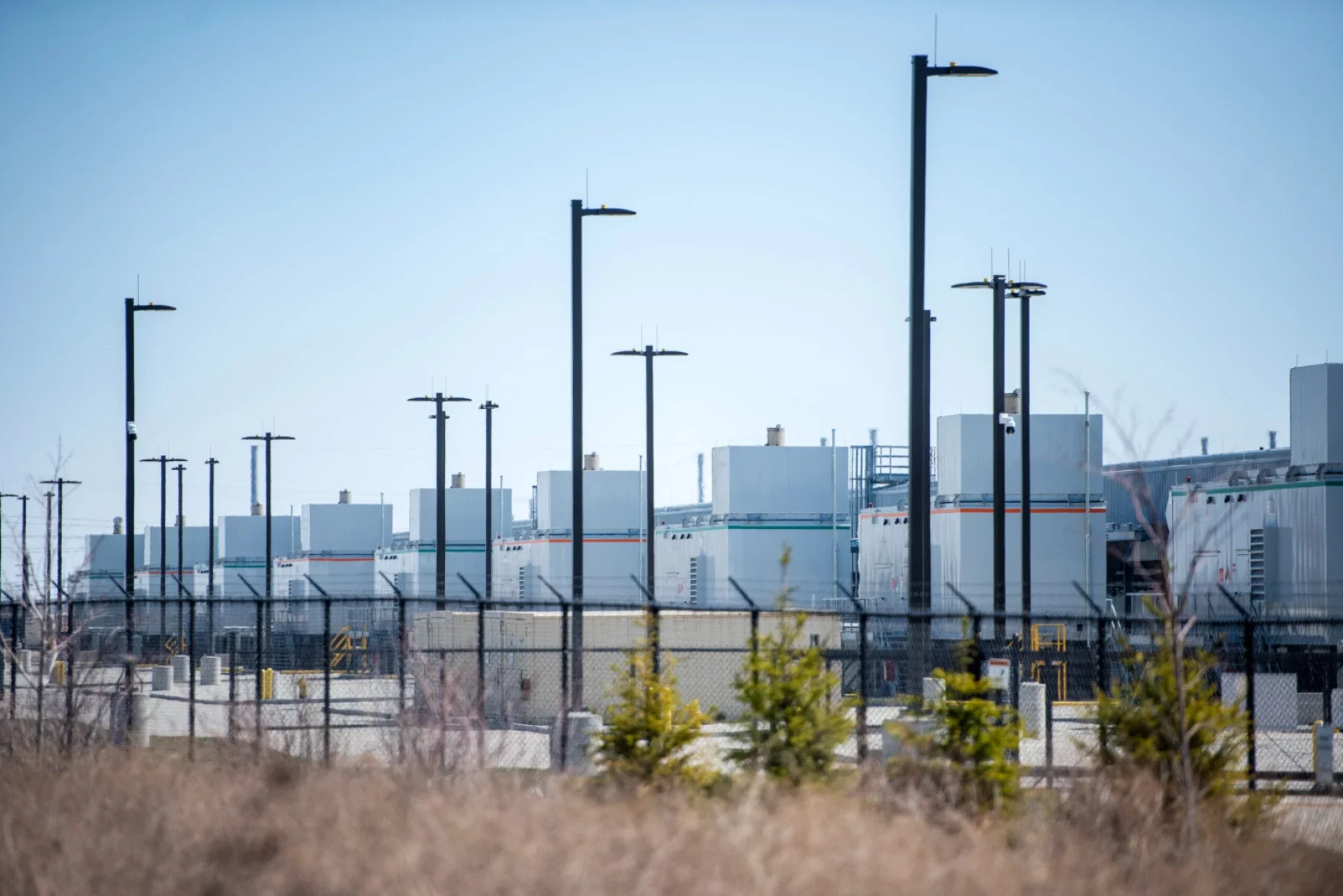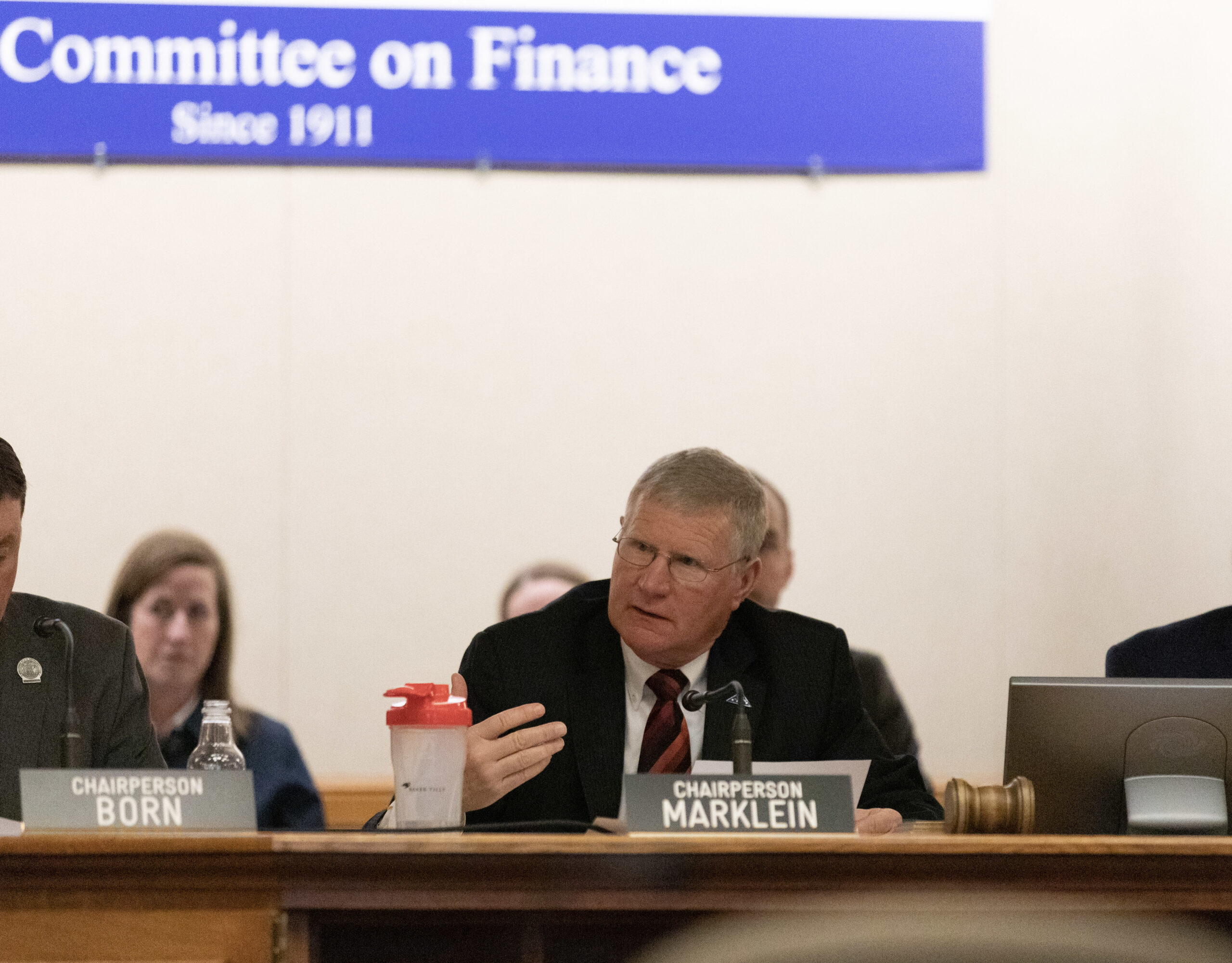Several of Gov. Tony Evers’ policy proposals have strong public support, according to a new poll from Marquette University Law School.
The survey, released Thursday, found the majority of respondents support Wisconsin leaving a federal lawsuit challenging the Affordable Care Act, taking a federal expansion of Medicaid funding and funding a “major” spending bump for special education across the state.
Those are all proposals Evers pushed on the campaign trail and in his first State of the State address on Tuesday. The poll found 48 percent of respondents support leaving the federal health care lawsuit, compared to 42 percent who would like to remain involved. Sixty-two percent said they support accepting the Medicaid expansion and 73 percent back spending more state money on special education programs.
News with a little more humanity
WPR’s “Wisconsin Today” newsletter keeps you connected to the state you love without feeling overwhelmed. No paywall. No agenda. No corporate filter.
The governor’s spokeswoman lauded the results.
“As the governor said on Tuesday night, the will of the people is the law of the land,” said spokeswoman Melissa Baldauff. “The governor looks forward to presenting the people’s budget next month and working with legislators to ensure that the will of the people is the law of the land.”
However, support for a possible gas tax increase, something Evers has entertained, is under water. The survey found 52 percent of respondents oppose the possible increase.
“The road (funding) issue is a real issue that’s not going away,” said poll director Charles Franklin. “As long as the the voters are opposed to it, that’s a very difficult task, unless you really had arm-to-arm bipartisanship marching together.”
The poll of 800 registered voters was conducted from Jan. 16 to 20, 2019. It had a sample of 45 percent self-described Republicans, 43 percent Democrats and 11 percent independents.
It comes amid a contentious week in state politics, in which Evers has clashed with Republican legislative leaders over the health care lawsuit, the Medicaid expansion, legislation to protect people with pre-existing health conditions and how to fund a middle-class income tax cut.
Those clashes have come amid calls for bipartisanship at the Capitol. Forty-seven percent of those polled said Evers is trying to cooperate with legislative leaders; 46 percent believe leaders are trying to cooperate with the new Democratic governor.
“Eight years ago, Act 10 meant that we just parted the ways and became super polarized, and we still have a lot of that,” Franklin said. “But we do have some areas that are not as polarized.”
The Legislature has a 52 percent approval rating, despite 41 percent of respondents saying they “strongly disapprove” of the actions taken during December’s extraordinary session to limit Evers’ power.
Support For Drug, Redistricting, Minimum Wage Changes
Issues including marijuana legalization, a possible move to a non-partisan redistricting commission in the state and raising the minimum wage also came out ahead in the poll.
Approval of marijuana legalization remains on the upswing. This month, 59 percent said marijuana should be legalized. In September 2014, only 46 percent favored legalization.
The redistricting commission, a new question for the poll, saw 72 percent approval over lawmakers’ continuing to draw legislative maps. Democrats have said they plan to introduce legislation this session that would create such a commission.
Fifty-five percent of those surveyed support raising the state’s $7.25 per hour minimum wage.
Federal Issues
The survey also asked Wisconsinites to weigh in on the federal government shutdown. Sixty-six percent said they oppose shutting down the government over funding for a border wall, while nine percent support it.
The majority, 43 percent, found President Donald Trump to be responsible for the shutdown, compared to 34 percent who believe Democrats hold that responsibility.
The president’s approval rating is 44 percent in Wisconsin, according to the poll.
The poll’s margin of error is 3.9 percent. Some of the questions, including those about the Medicaid expansion, marijuana legalization, minimum wage increase and special education funding were only asked of half of the respondents. The margin of error for those questions was 5.5 percent.
Editor’s note: This story was updated at 4:05 p.m. on January 24, 2019 to clarify the half sample size margin of error.
Wisconsin Public Radio, © Copyright 2025, Board of Regents of the University of Wisconsin System and Wisconsin Educational Communications Board.






